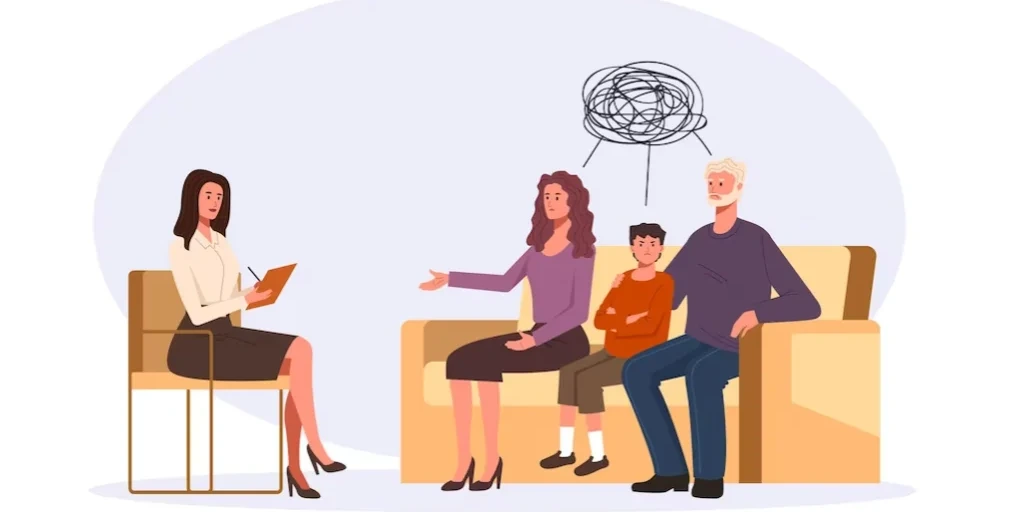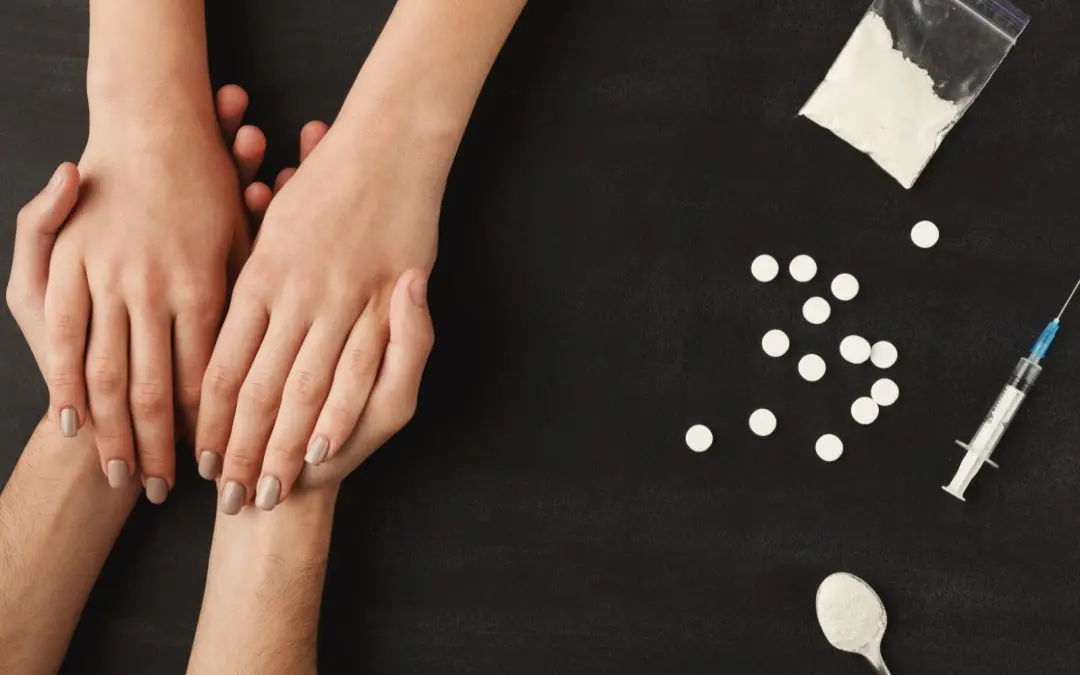24/7 Helpline:
(866) 899-221924/7 Helpline:
(866) 899-2219
Learn more about Medication-assisted Treatment centers in Dowagiac
Medication-assisted Treatment in Other Cities

Other Insurance Options

AllWell

WellPoint

WellCare Health Plans

Molina Healthcare

Horizon Healthcare Service

GEHA

UnitedHealth Group

Magellan Health

Coventry Health Care

Private insurance

Anthem

UMR

Kaiser Permanente

Choice Care Network

ComPsych

CareFirst

Sliding scale payment assistance

Highmark

Carleon

Meritain






Woodlands Behavioral Healthcare Network
Woodlands Behavioral Healthcare Network works with individuals, families, and the community to inspi...





















































































